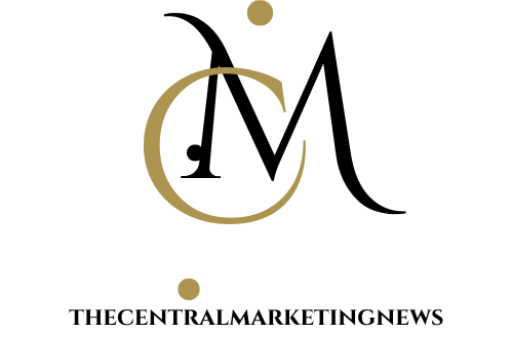Marketing Leaders Embrace Technology but Face Hurdles in Realizing Full Potential
Marketing leaders from U.S. for-profit companies are increasingly adopting marketing technologies but face challenges in fully leveraging them for performance improvements. According to the 32nd edition of The CMO Survey, only 10% of companies are currently using large language models (LLMs) in their marketing, even though generative AI has already brought benefits like reduced overhead costs, improved customer satisfaction, and increased sales productivity.

The survey, led by Professor Christine Moorman from Duke University’s Fuqua School of Business, is a collaboration between Duke University, Deloitte, and the American Marketing Association. It gathered responses from 292 marketing leaders, with 94% holding VP-level or higher positions.
Companies are allocating 19.9% of their marketing budgets to marketing technology (Martech), and this figure is expected to rise to 30.9% in the next five years. However, only 56.4% of purchased Martech tools are currently being used, and nearly half of marketing leaders recognize a gap between the expected and actual returns from these technologies.
The survey also highlights difficulties in hiring staff to manage Martech and integrating these technologies with other data systems within companies. Professor Moorman emphasized that solving these issues is crucial for Martech to deliver its promised benefits.
Generative AI is being used in only 7% of marketing activities, and a significant number of companies (51%) are still in the evaluation or pilot stage with LLMs. Despite the potential for AI to transform marketing, companies face challenges such as minimizing bias and investing in necessary hardware. Additionally, there are concerns about aligning generative AI with brand strategies and target markets, suggesting that these tools need further optimization.
Sustainability in Marketing
On the topic of sustainability, marketing spending on climate-related issues has grown to 1.9% of budgets, up from 1.2% a year ago, and is expected to reach 4.5% in five years. However, a third of companies are not using marketing to address climate-change risks. Among those that are, over half are doing so by changing products or services, while others are altering partnerships or marketing promotions. The adoption of climate-related metrics has also increased slightly.
Marketing budgets as a percentage of overall company budgets have continued to decline, dropping from 13.8% in 2022 to 10.2% this year. This decrease is partly due to inflationary pressures, with 45% of marketing leaders reporting budget cuts. Investments in Customer Relationship Management and Brand building have been particularly affected.
The survey also notes a slowdown in the growth of marketing organizations, which decreased to 3.9% from 5.5% in Fall 2023. However, marketers anticipate a slight increase to 4.4% next year. While marketing leaders continue to oversee brand, digital marketing, and advertising, their responsibilities in these areas have diminished compared to a year ago.
Marketing Performance and Future Outlook
Despite these challenges, marketers report that their role within companies is still highly valued, particularly in smaller companies and B2C Product sectors. This value is reflected in the positive impact of marketing on stock market valuations.
Marketing performance remains strong, with profits rising to 8.3% from 5.6% last year. Customer retention and brand value also saw growth, with smaller companies showing the strongest performance across these metrics. However, the economic outlook is mixed, with inflationary pressures affecting marketing budgets, especially in the B2B and B2C service sectors.
In the spring edition of The CMO Survey, marketing leaders were asked to nominate companies they believe set the standard of excellence in marketing. Apple emerged as the overall winner for the sixteenth consecutive year, with Amazon, Nike, Proctor & Gamble, State Farm Insurance, and Microsoft also recognized as industry leaders.
